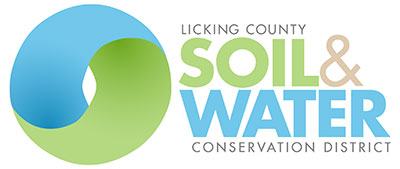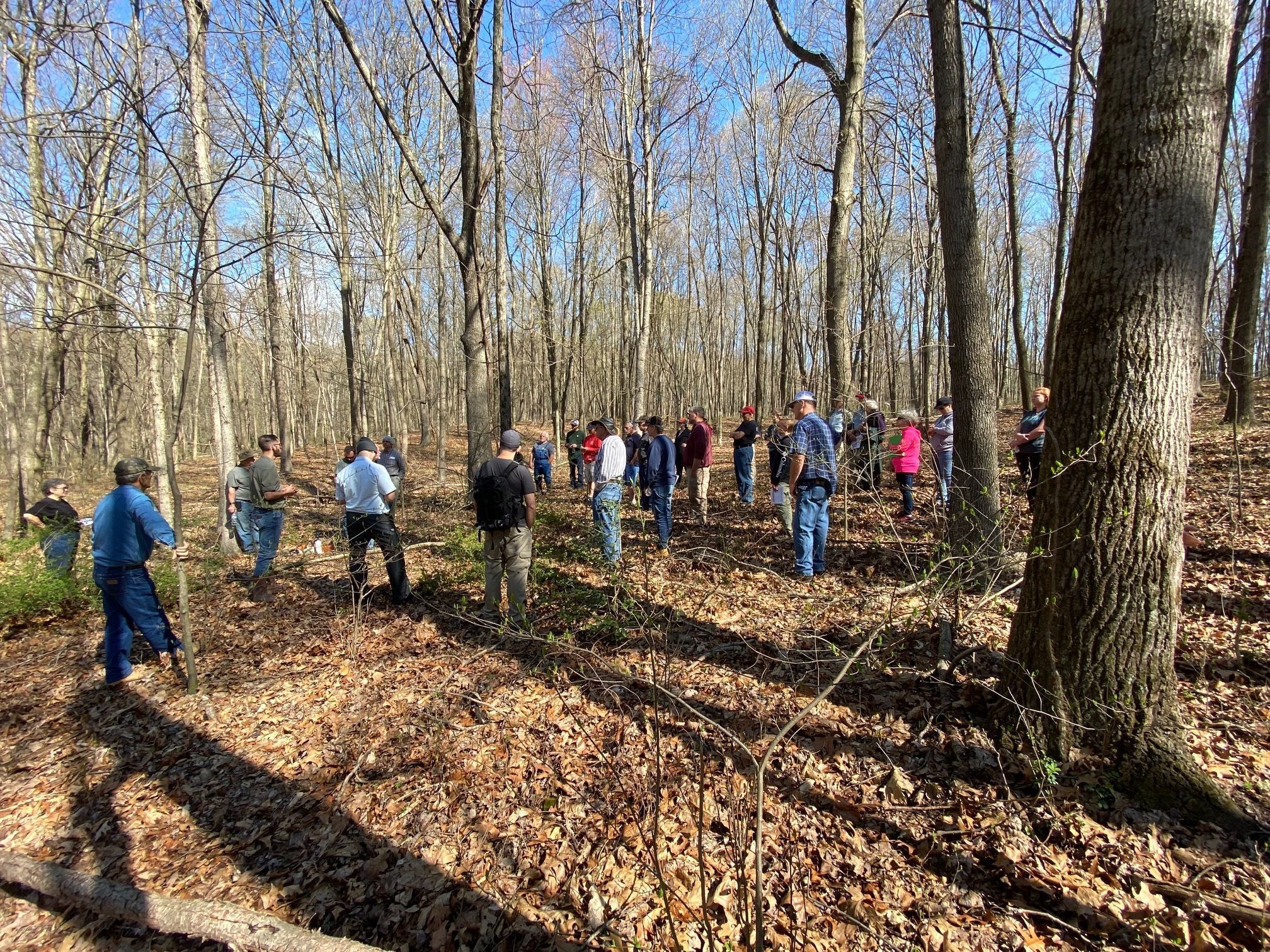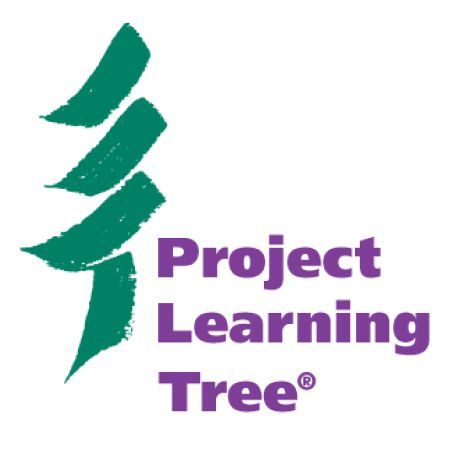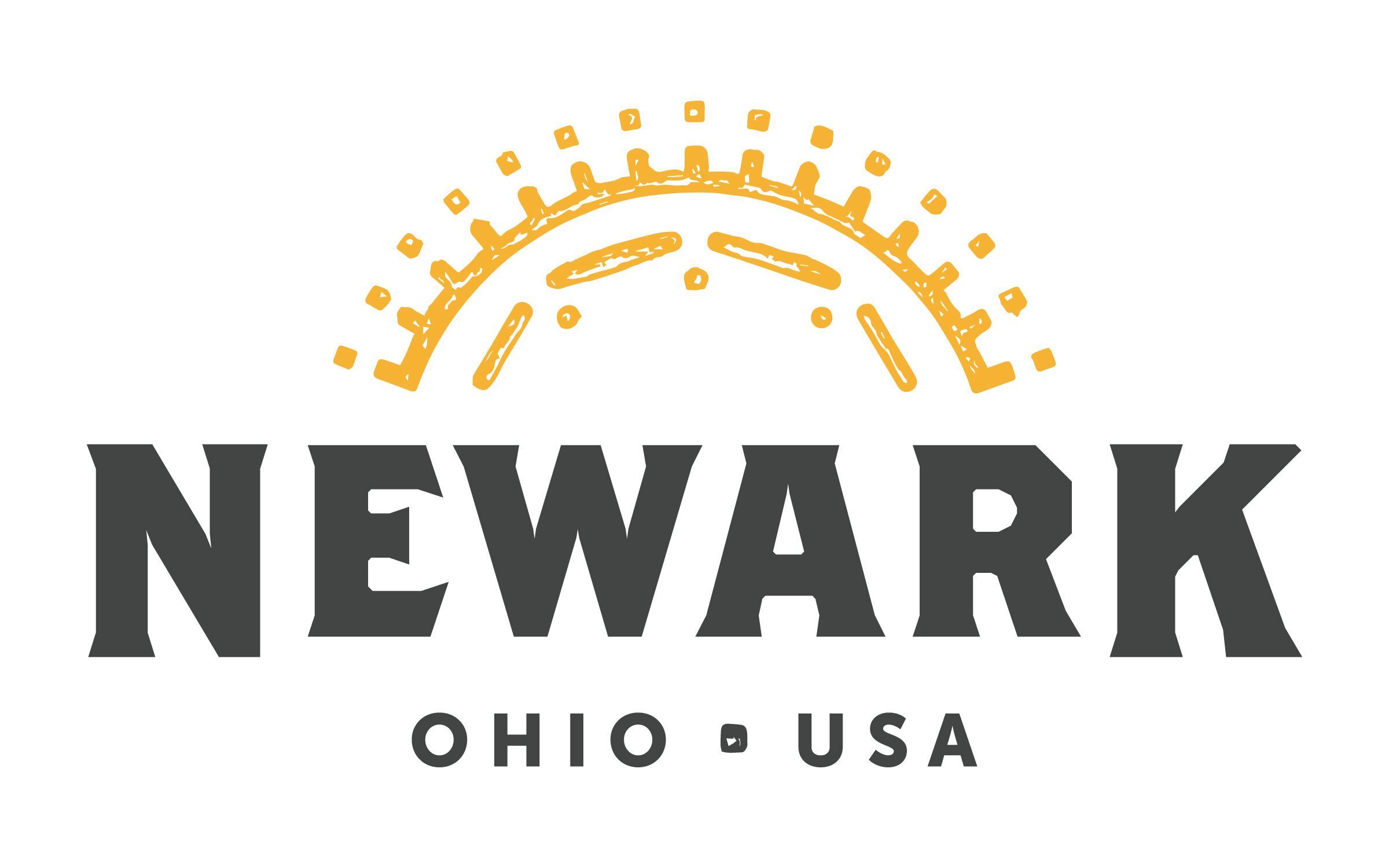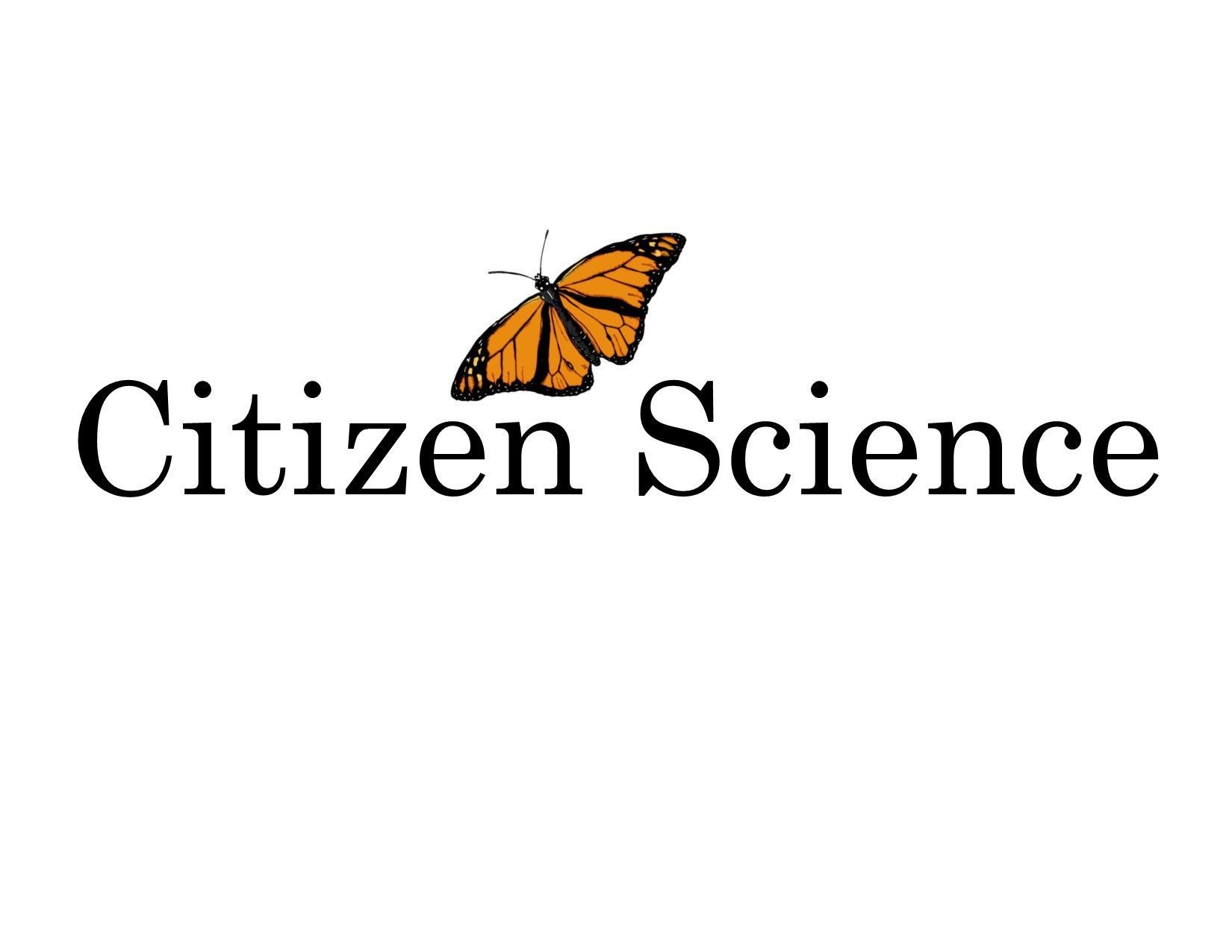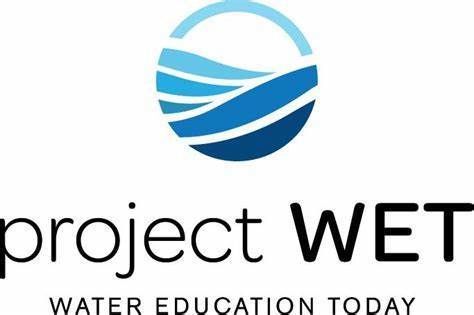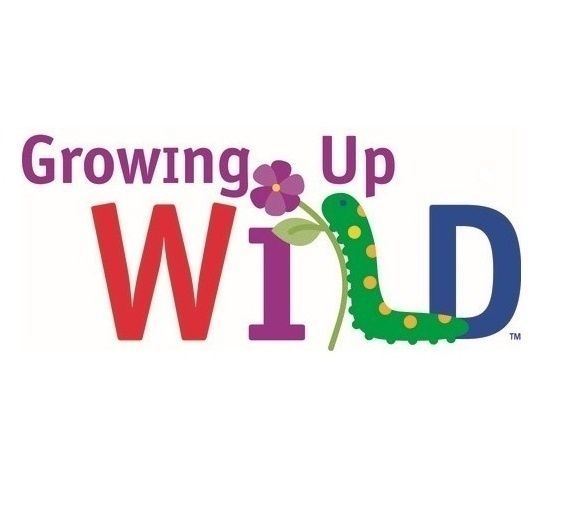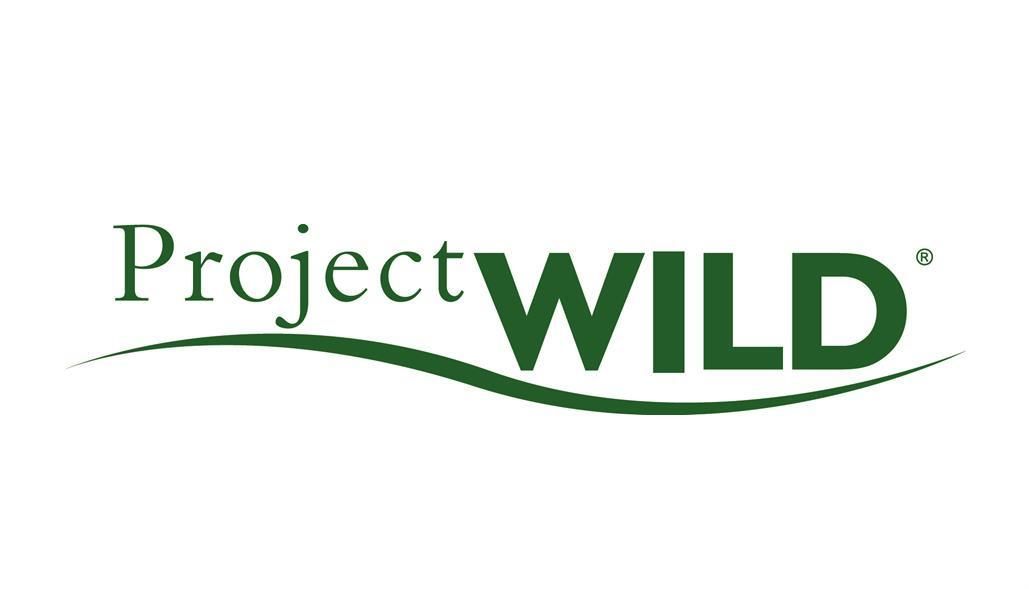We regularly hold a variety of workshops and field days. We hope you will join us in learning more about conservation of our natural resources. To review our current scheduled workshops and field days click here.
Educator Workshop Series
Soil & Water, Licking Park District, and The Dawes Arboretum have partner each year to offer this series of workshops correlated to state and national education standards. The classes are offered at either Infirmary Mound Park or the Dawes Arboretum (designated for each class). The schedule is posted in early spring and registration opens in early May.
Pre-registration is required for all workshops.
Courses run 9am-3pm. Additional details about event time, date, and venue will be provided after registration and prior to workshop.
Cost: $10 per workshop paid prior to start date, payment options are explained in the registration process (Newark City Schools covers the cost of their participants).
-
Project Learning Tree - June 12
Through the use of over 50 hands-on activities, Project Learning Tree (PLT) covers topics in both the natural and built environments –forests, wildlife, water, air, energy, waste, climate change, invasive species, community planning, and culture. The guide uses the forest as a ‘window’ into the natural world, helping young people gain an awareness and knowledge of the world around them. PLT can be used to teach language arts, social studies, nutrition, mathematics, visual arts, and more. Secondary modules are available on various related topics.
-
Newark Water Infrastructure Tour - June 18
Do you know how your water reaches the faucet? Or where water travels after you flush your toilet? Learn how storm water affects our watershed and what citizens, educators, and landowners can do to help. Find these answers while exploring water facilities in Newark.
-
Citizen Science - July 1
Citizen Science workshop will offer ways to experience project-based learning that is accessible in any setting, outdoors, or classroom. This fun and interactive workshop covers a variety of topics like ant investigations, micro hike with macro lenses, and nature journals. We will use the scientific method, critical thinking, technology, and our senses to connect ways to bring the classroom into nature. Citizen Science enables all of us to collectively manage the health and well-being of ourselves and our planet.
-
Project WET/Healthy Water, Healthy People - July 10
Project WET is a water focused conservation education program for K-12 educators and their students. Topics include, physical and chemical properties of water, the water cycle, water in life systems, water in earth systems, water as a resource, managing water resources, water in social and cultural constructs. Healthy Water, Healthy People focuses on grades six through university level to raise the awareness and understanding of water quality issues and their relationship to personal, public and environmental health. Participants receive both curriculum and activity guides.
-
Environmental Education for Early Childhood - July 17
This active workshop will introduce you to three early childhood focused, science-based education guides. Each curriculum was developed by experts in the field and tested in classrooms with young children. Growing Up WILD is an activity guide for educators that aims to connect young children with nature and the outdoors. Project Learning Tree offers comprehensive Environmental Experiences for Early Childhood. Project WET launched Getting Little Feet WET. Participants receive all 3 early childhood education guides to help facilitate interactive, standards-based, hands-on learning for Pre K-2nd grade. SUTQ/ODE PD
-
Project WILD/Aquatic WILD - July 31
Project WILD is concerned with providing information as well as helping students evaluate choices and make responsible decisions about wildlife and the environment. All
curriculum materials are backed by sound educational practices and theory, and represent the work of many within the fields of education and natural resource management from across the country. Participants receive Project WILD K-12 Curriculum and Activity Guide and WILD Aquatic K-12 Curriculum and Activity Guide, which focuses on aquatic wildlife and ecosystems. Eligible for WILD School Site grants upon certification.


